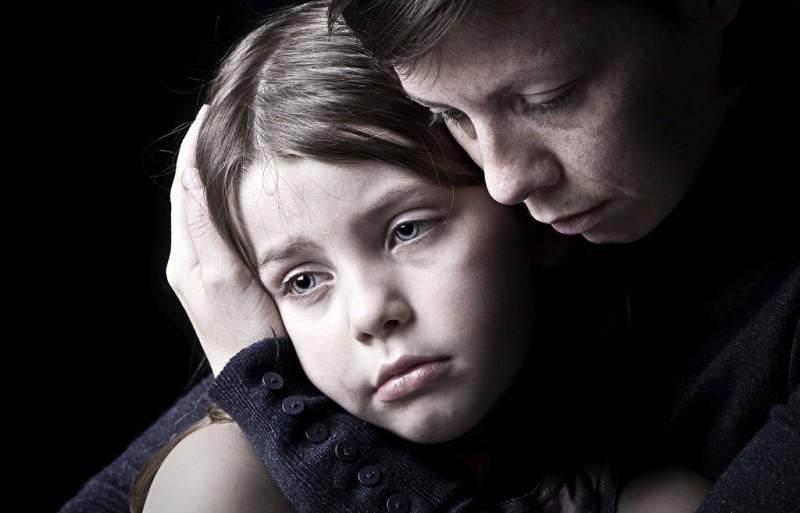By Jazmyne Howard | March 5 , 2016
What is postpartum depression?
Postpartum depression can occur after women give birth to a child and present with depressive symptoms. It is typically results from a combination of hormonal changes, adjusting to motherhood and fatigue. Women will often deny that they have postpartum depression. It is very common for women to tell themselves that they are not experiencing postpartum. Research says that 11%-20% of women who give birth each year experience postpartum (Center for Disease Control). This may not seem like it’s a lot of women but it is a concerning number when we calculate the actual lives that are affected by postpartum depression. Only 15% of women will receive professional help for their postpartum, meaning that close to 850,000 women are not getting the help they need.
Women need to become more educated on what postpartum depression and how to deal with it. Women may be at a higher risk of experiencing postpartum if they have had it before or if they are living in stressful situations (having a newborn, financial problems etc.). When women go to their check up after their child is born, doctors will ask if they have any mood changes and problems managing their emotions. During this time of the check it is better to be honest so one can get the help they need. If a woman does not get the help they need for themselves it can affect their child’s development and can also put them at a higher risk of psychiatric illness.
Prevention
However postpartum can be prevented. If a mother (yourself or others) feels like ‘being a mother is becoming overwhelming’ ask for help! Have others that are willing to help you help. Eat well, get your rest and exercise are also ways you can prevent becoming depressed. Women who might fall into the high risk categories for potential postpartum should seek medical advice and counseling before the symptoms arise. Women who have already been prescribed medication from their doctors should continue to use as directed by your physician.
Possible Treatments
• Counseling
• Antidepressant medicine
• Combination of both counseling and antidepressant medicine
• Help (Nanny, family support, .etc)
• Join Support Groups
Helpful websites for Postpartum Depression
References
Resources for Postpartum Depression
Disclaimer: The information contained in blog posts do not necessarily reflect the views of the Solace Counseling and Consulting LLC. This blog is the opinion of an individual and is not to be construed as professional advice, psychological diagnosis or a professional relationship between the reader and the writer. Blogs are intended only to be used by consumers in search of general interest information pertaining to mental health, relationships, counseling and related topics. Content on this website is not intended to replace or serve as substitute for professional consultation or service. If you require help with mental health issues please contact a licensed therapist or psychiatrist in your area. If you are experiencing an emergency, head to your nearest emergency room or call 911. The posts on this website are copyright of Solace Counseling and Consulting LLC and their writers (unless otherwise sourced). They can be re-blogged or re-posted on social media but cannot be reproduced or uploaded without permission.
#section-5c3387b837b71 { }

